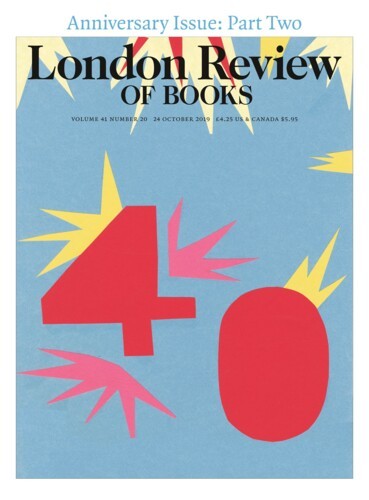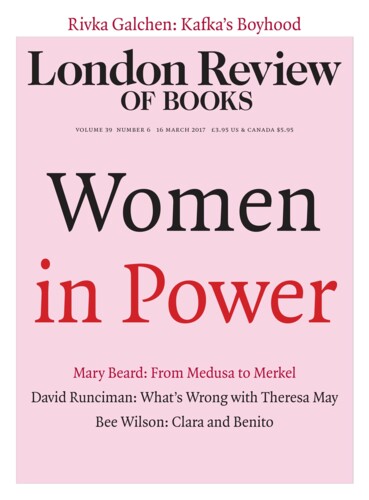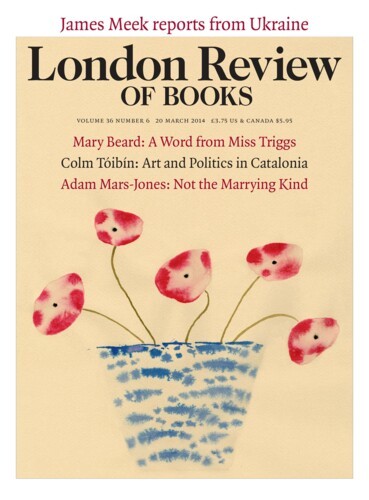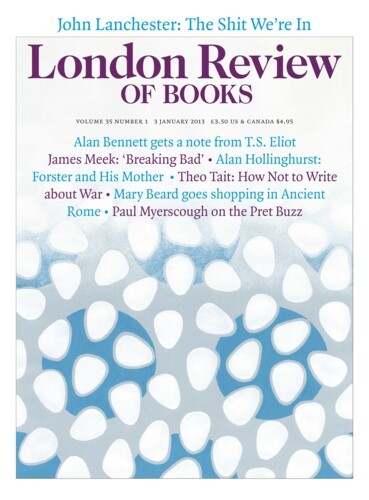Iron in the Soul: Bloody Jane
Mary Beard, 12 September 2024
In 1921, Jane Ellen Harrison, the maverick Cambridge classicist and celebrity public intellectual, was introduced to the crown prince of Japan when he came to receive an honorary degree from the university. She revisited this occasion a few years later in her memoir, Reminiscences of a Student’s Life. ‘If you must curtsey to a man young enough to be your grandson,’ she...





